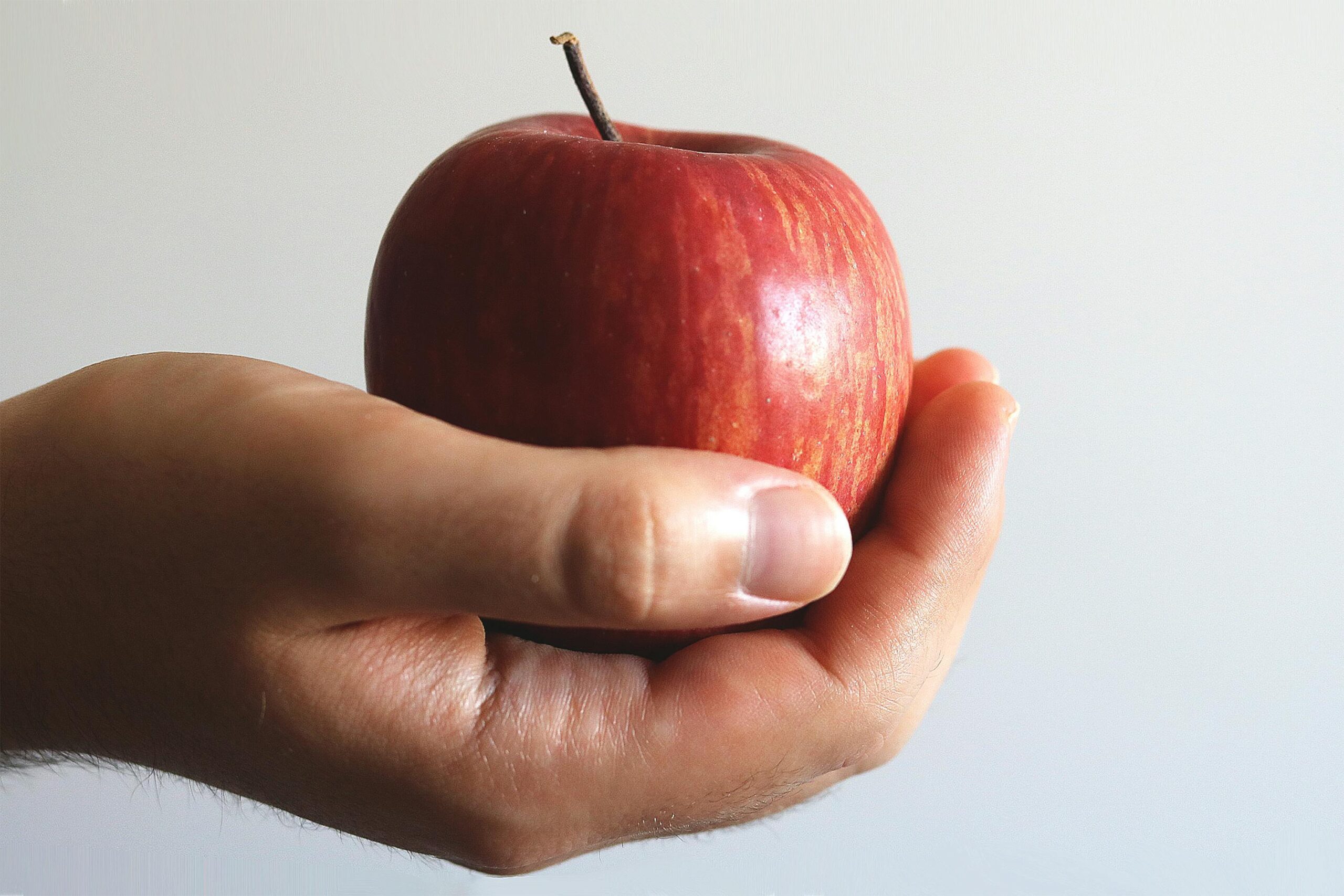AVOID OVERUSE OF SOCIAL MEDIA TO AVOID ‘BRAIN ROT’.
‘Brain Rot has been announced as the Oxford Word of the Year for 2024 by Oxford University Press. It refers to the non-professional or non-academic use of digital devices, which is causing cognitive decline. This term is commonly used to describe a deterioration in cognitive abilities and overall brain health due to mindless scrolling through nonsensical memes and low-quality content. This syndrome occurs due to excessive screen time spent on social media, video games, or television, reducing face-to-face interaction, outdoor activities, and physical exercise.
As of October 2024, there were 5.52 billion internet users worldwide amounting to 67.5 percent of the global population. Of this total, 5.22 billion, or 63.8 percent of the world’s population, were social media users. Despite the ubiquity and essentiality of the internet in our lives, its adverse effects on our health, particularly on brain functions, have only recently started to gain public attention. In recent years, there has been an abundance of academic research supporting such concerns.
Scientists from institutions including Harvard Medical School, the University of Oxford, and King’s College London have found evidence that the internet is shrinking our grey matter, shortening attention spans, weakening memory, and distorting cognitive processes.
Excessive smartphone and internet use cause issues with sustained attention, which enables a person to concentrate on the same task for an extended period. Smartphone addiction has also been associated with reduced activity in the prefrontal cortex, which is responsible for decision-making and impulse control.
The World Health Organization (WHO) published strict guidelines in 2019 regarding children’s screen time and announced a law (Assembly Bill 272) that permits schools to restrict smartphone usage. Preventing and reversing ‘Brain Rot’ needs to be addressed at various levels, and legislation is an important step to restrict access, especially for children. Australia has taken the lead by approving a social media ban for children under 16, which is set to take effect this year. It is one of the world’s toughest regulations to protect children. The Online Safety Amendment Bill 2024 places the responsibility on social media companies to prevent children from accessing their platforms. Companies that fail to comply can be fined up to AUD 32 million. Similarly, the state of Florida in the USA has enacted legislation in 2024 that prohibits individuals under 14 from having social media accounts, regardless of parental consent.
To avoid this serious syndrome, individuals should consider sustainable lifestyle changes, such as replacing screen time with activities like meditation, exercise, reading, joining-in-person social groups, or learning new skills such as a language or musical instrument. Playing with animals and engaging with nature through various activities can also be beneficial. Families should make it a habit to have digital device-free dinners, where no gadgets are used.
A balanced diet also plays a crucial role in maintaining brain health. Consuming healthy brain foods such as meats, poultry, dairy, cheese and eggs help stabilize blood sugar and provides the b rain with essential amino acids needed for neurotransmitter pathways. Vitamin B, which is crucial for brain wellness, can be found in eggs, whole grains, fish, avocados, and citrus fruits. Additionally, supplementing the diet with vitamin D, is important as it acts as a mood stabilizer.
Sleep is essential for brain health. Some theories suggest that sleep helps clear abnormal proteins from the brain and consolidates memories, thereby by boosting overall cognitive function.
Regular physical exercise has numerous benefits, including increased blood flow to the brain, which enhances cognitive function. Social interaction also plays a vital role in warding off depression and stress. Seeking opportunities to connect with loved ones, friends, and others helps maintain social interactions and enhances the brain’s grey matter.





